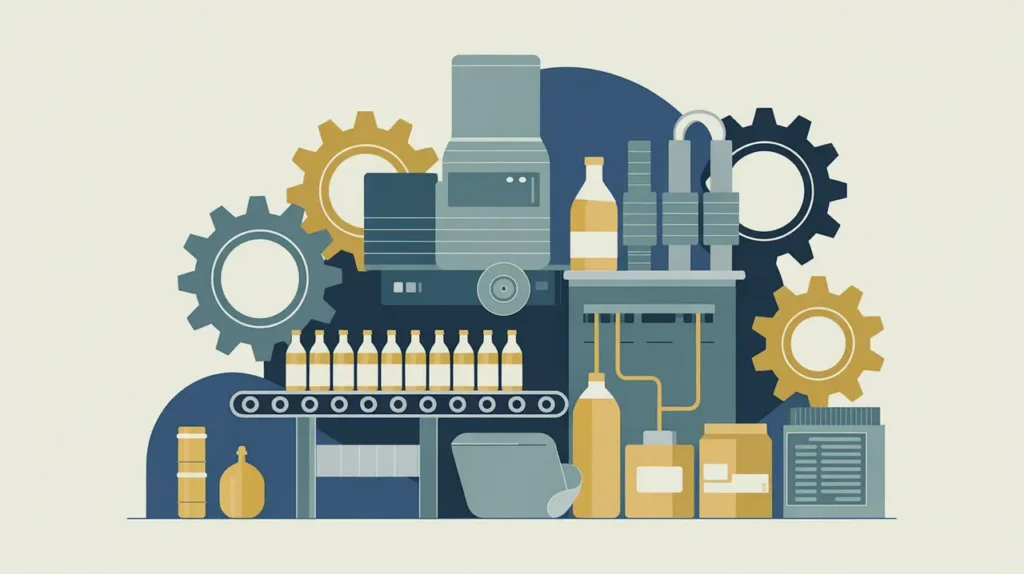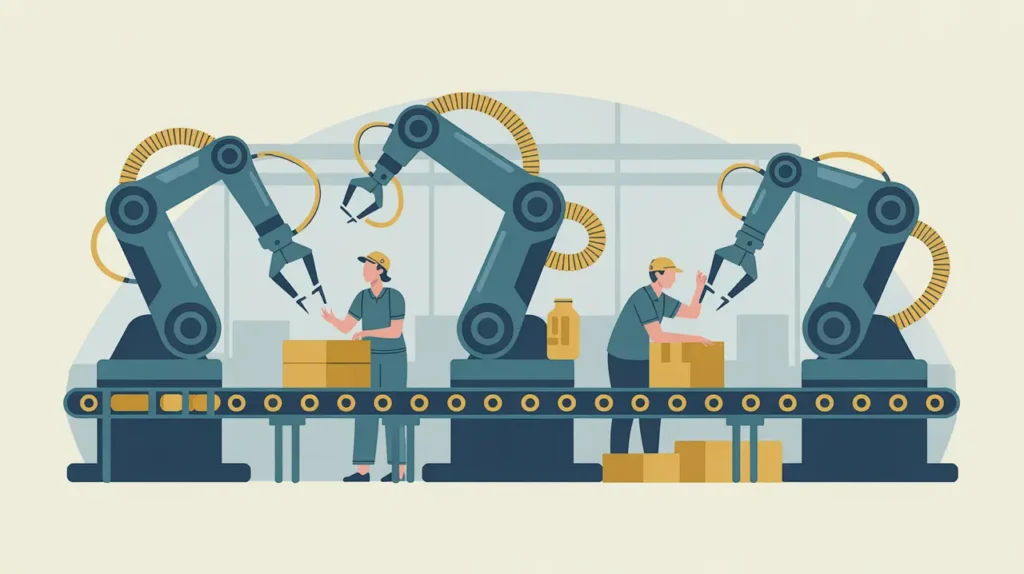Importance of Chemical Manufacturing
Chemical manufacturing is a pivotal industry that underpins agriculture, health, energy, and infrastructure. In international development, it enables access to essential products such as fertilizers, pharmaceuticals, and water treatment chemicals, while also raising concerns about pollution, occupational safety, and climate impact. For nonprofits and social innovators, chemical manufacturing matters because it shapes food security, public health, and environmental sustainability, directly influencing community wellbeing and systemic resilience.
Definition and Features
Chemical manufacturing refers to the industrial-scale production of chemicals through physical and chemical transformation processes. Its defining features include:
- Diverse Outputs: fertilizers, plastics, pharmaceuticals, fuels, and industrial inputs.
- High Energy Intensity: significant reliance on energy and resource inputs.
- Regulation: strict oversight on safety, emissions, and handling of hazardous substances.
- Global Integration: complex supply chains that connect producers and consumers across markets.
How this Works in Practice
In practice, chemical manufacturing is concentrated in industrial hubs supported by infrastructure, energy supply, and regulatory frameworks. For example, fertilizer plants play a crucial role in boosting agricultural productivity, while pharmaceutical manufacturing ensures access to essential medicines. At the same time, weak regulatory environments in low- and middle-income countries can lead to pollution, unsafe working conditions, or toxic waste mismanagement. Development actors often engage the sector by promoting cleaner production technologies, supporting regulatory reform, and encouraging safer community practices around chemical use.
Implications for Social Innovation
Chemical manufacturing carries both opportunities and risks for social innovation. On one side, advances in green chemistry, biodegradable materials, and renewable energy inputs open pathways to align industrial production with sustainability goals. On the other, dependence on chemical-intensive systems can harm ecosystems and create health risks for vulnerable populations. For proximate actors, engaging with this field means advocating for responsible production, supporting circular economy approaches, and ensuring equitable access to safe and affordable products. When leveraged responsibly, chemical manufacturing can contribute to inclusive growth while reducing its environmental footprint.







